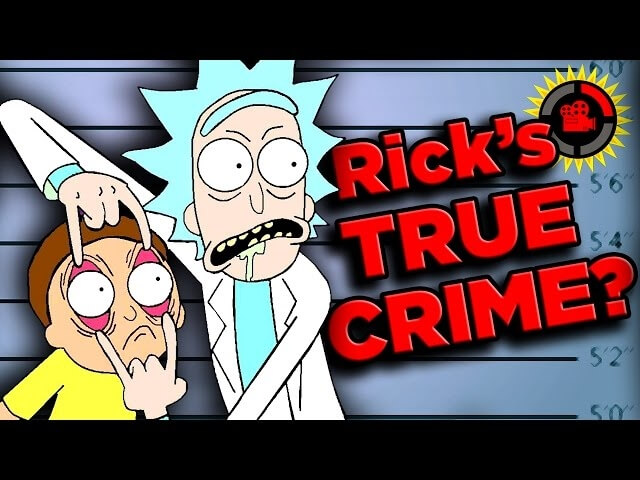So Game Of Thrones can’t surprise us anymore? In 2017, few shows can

This post contains discussion of plot points from Game Of Thrones and Westworld.
Surprise is an overrated narrative device. If the most imaginative aspect of a fictional work is its twist ending or unexpected midcourse swerve, than that imagination has been improperly spent. “Pay no attention to the man behind the curtain” Frank Morgan says in one of cinema’s most famous reveals, and its advice worth heeding: The Wizard Of Oz can’t really tell Dorothy Gale anything she hasn’t learned along the yellow brick road. It’s true even of works by creators renowned for loop-de-loops: If O. Henry, Rod Serling, or M. Night Shyamalan haven’t put in the work around their respective acts of rug pulling, those acts have no impact. Just ask anyone who’s seen The Village.
Game Of Thrones’ ending is still a year away, but the HBO series has earned a reputation for throwing narrative curveballs in its six seasons on the air—especially where mortality is involved. No character is ever safe on Game Of Thrones, just one of the many tweaks to fantasy convention made by the show and the George R.R. Martin novels that inspired it. But as it heads into its seventh season, Game Of Thrones’ arm ain’t what it used to be: The Narrow Sea of spoilers separating book readers from the rest of the show’s audience has dried up, and season six ended on a handful of unexpected notes (Cersei’s explosive power grab in King’s Landing, Arya’s assassination of Walder Frey), but there’s also the matter of Jon Snow’s poorly teased-out return to life. Over at GQ, the handling of that storyline, along with the sense that every major player’s role in the show’s endgame is already set, has critic Scott Meslow asking “Can Game Of Thrones surprise us anymore?” But in an age of readily available set leaks and spoilers, when Easter eggs, bread crumbs, puzzle pieces, and other assorted forms of foreshadowing can be so easily accumulated, cataloged, and assembled into scarily accurate Reddit threads and YouTube videos, I’d add this to Meslow’s question: Can any TV show surprise us anymore?
Online TV fandom has ushered in a golden age of speculation and theorizing, a digital scavenger hunt that grants an added layer of interactivity to your favorite show. This is nothing new: Making educated guesses at a story’s ending is as old as readers solving crimes alongside the literary sleuths of Arthur Conan Doyle and Agatha Christie; it found new, 21st-century life in the widespread community of clue hunters devoted to decrypting Lost. The novelty’s in the volume of viewers now making those guesses simultaneously, in full view of and sometimes in collaboration with one another. I’ve spoken with showrunners who’ve expressed both delight and dismay at this contemporary trend; Dan Harmon put it in stark terms ahead of Rick And Morty’s second season:
You cannot write payoff-based TV anymore because the audience is essentially a render farm. They have an unlimited calculation capacity. There’s no writers’ room that can think more than 20 million people who can think about it for an hour a day. That season of Dexter being the big example: They had planned out this whole Fight Club reveal that there was a character that didn’t really exist except in someone else’s head. They’d planned out the whole clever thing, and they were going to reveal it, and all this stuff, and then after episode one aired, somebody on Reddit just like, [Snaps fingers.]. You can’t do it anymore. You can’t try to fool the audience.
 Keep scrolling for more great stories.
Keep scrolling for more great stories.
